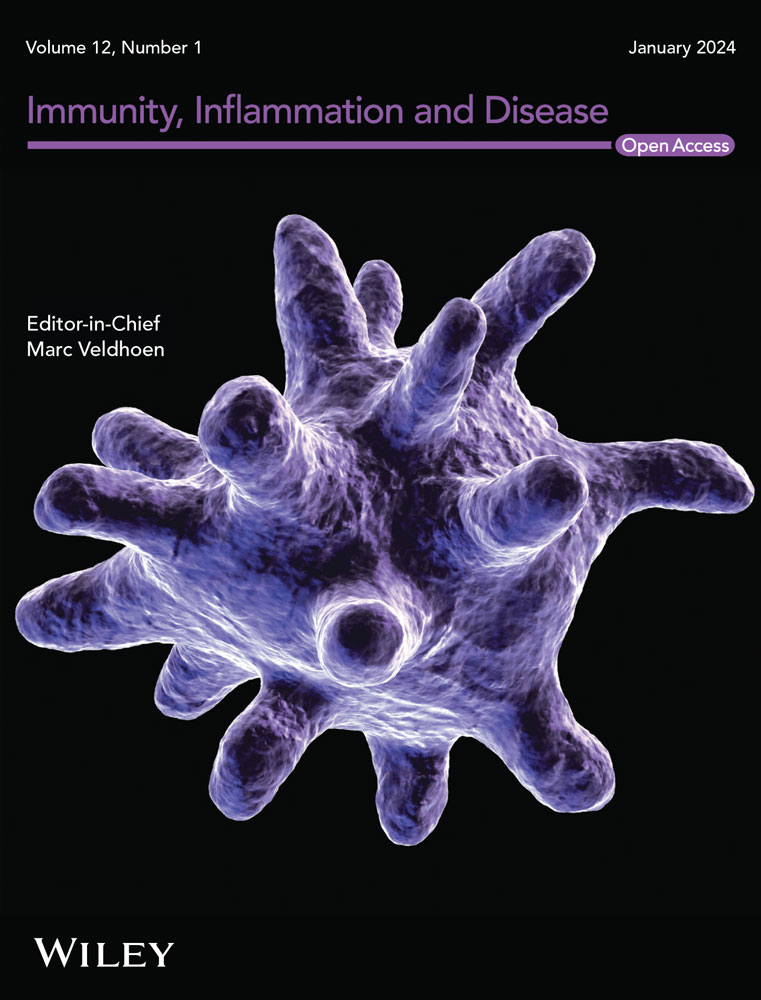As the COVID-19 pandemic transitions, understanding the intricate dynamics of the disease becomes paramount. This systematic review explores the role of antiphospholipid antibodies in COVID-19, focusing on their potential clinical implications.
This systematic review, following PRISMA guidelines, assesses studies exploring the link between antiphospholipid antibodies and COVID-19. PubMed/Medline, Embase, and Scopus were searched for relevant studies published up to December 22, 2024. Inclusion criteria comprised studies involving patients diagnosed with COVID-19 and reporting on the presence of antiphospholipid antibodies. The risk of bias in individual studies was evaluated using the Joanna Briggs Institute appraisal tool.
Our Study includes 59 records involving a total of 28,489 COVID-19 patients. Antiphospholipid antibodies were tested in 14,498 COVID-19 patients. It was observed that 50.84% of patients tested positive for antiphospholipid antibodies. Various types of antiphospholipid antibodies, including Anticardiolipin, Anti beta2 glycoproteins, and Lupus anticoagulant antibody, displayed prevalence rates in the patients with thrombosis. The overall frequency of antiphospholipid antibodies in thrombosis patients was 38.55%.
The presence of antiphospholipid antibodies in a significant proportion of COVID-19 patients underscores the need for a detailed investigation into their role in thrombotic events. Our study highlights potential avenues for targeted interventions. However, the evolving nature of COVID-19 necessitates continued research efforts to clarify clinical implications and optimize management strategies in this complex landscape of thrombosis and immunology. The review reveals some limitations, such as variability in study designs and demographics and inherent differences in methodologies among included studies. Future studies should address these limitations with standardized methodologies for more conclusive findings.



